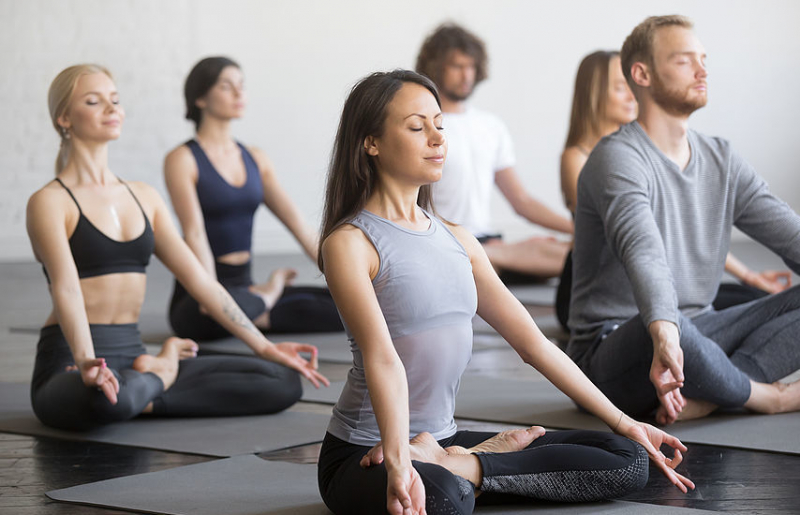The importance of breath
The breath may provide pain relief, help you relax more fully into a posture, and serve as an anchor to assist you to return to the present. During your practice, focusing on the breath as much as you can (and returning your awareness to it when your mind wanders) can help you navigate the more difficult parts of a sequence and appreciate the more calming parts. Off the mat, in everyday life, you can always rely on your breath. It can help you put your problems or to-do list into perspective by serving as a reminder of what is actually essential in life (such as health, presence, and tranquility). Deep breathing also triggers the parasympathetic nervous system, which tells your body to feel calmer. This is especially true when you exhale more slowly than you inhale.
Every position and vinyasa in yoga is guided by breath signals, and each breath directs a movement. Similar to this, when maintaining a difficult posture, the breath serves as a cue to persevere, according to yoga instructor and intuitive coach Julia Kelley. When confronted with a challenging position, many inexperienced yogis would hold their breath (without realizing it). Being in an unpleasant circumstance causes a natural reaction. It takes practice to realize that maintaining your breath won't make the posture any easier. It turns out that finding ways to breathe through discomfort goes beyond the mat. “This has fully overflowed into my life When I notice myself becoming stressed, upset, or angry, I use the breath to guide me back to stillness,” says Kelley.









